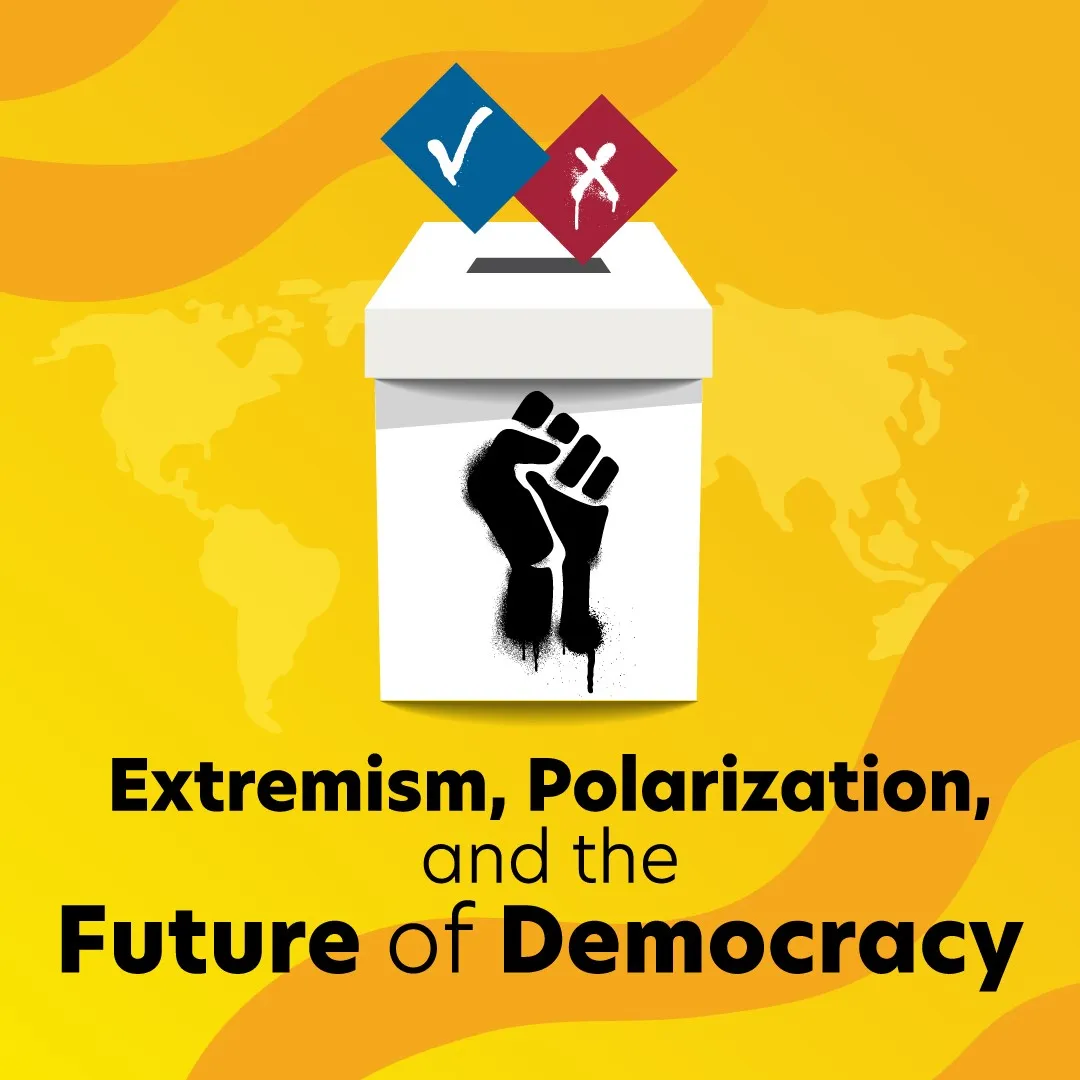- Journals
- Conferences & Workshops
- Unwritten Constitutionalism (2025)
- Encampments and the Charter (2025)
- The Notwithstanding Clause (2024)
- Responsive Judicial Review (2024)
- Horizontal Effect (2024)
- Constitutional Crossroads (2023)
- Legacies of Patriation (2022)
- Reimagining Rivers (2022)
- Reconciliation: Wahkohtowin (2017)
- Time for Boldness on Senate Reform (2015)
- Patriation Negotiations (2011)
- The Media and the Charter (2006)
- Podcasts
- 7/50 Blog
- Public Events
- Resources
- About
close



